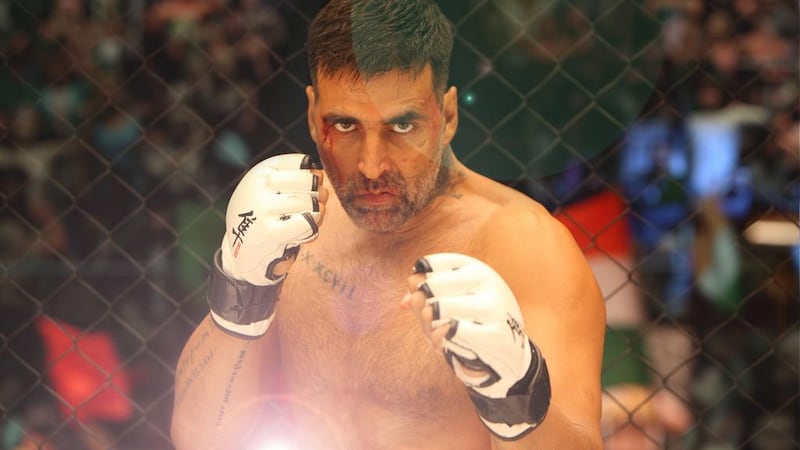A couple of weeks ago, I sat with a group of friends on a quiet night. As we engaged in a light conversation about the scorching heat, a friend burst out laughing as he looked at his phone screen. Curious as to what caused his sudden amusement, we huddled around him to watch what he described as a hilarious clip.
The clip was of a man and his wife playing the hand-slap game. The wife was winning, pulling her hand away every time her husband attempted to slap it. The woman was laughing while the man was growing agitated. The woman struck her husband’s hand one last time before he erupted in a rage and launched at her slapping her across the face. The clip ended and my friend burst out laughing again.
I, on the other hand, felt deeply disturbed – not only by the violent reaction of the man, but more so by the amusement of my friends in reaction to the violence we had just witnessed.
This is not an isolated incident. My Facebook feed abounds with such clips. In one of them, a man could be seen falling asleep behind his office desk. His manager, visibly irritated by the employee’s behaviour, approaches him from behind and slaps him violently on the neck. The victim is, at first, shocked and then gets visibly distressed. Yet another clip shows a group of girls engaged in a bloody fight – a real one.
All of these videos are meant for entertainment and amusement.
Why are we so amused by violence? Is it because we have been conditioned and desensitised to it in a systematic way? The film industry continues to glamorise fit and good-looking stars chasing around with blazing guns and a generous appetite to punch and shoot others. But our desensitisation to violence took place long before we became old enough to watch movies on the big screen.
My four-year-old daughter was recently watching a Looney Tunes cartoon, and she turned to me in distress as she watched Wile E Coyote fall off a cliff after, once again, being outsmarted by the Road Runner. "Mummy," she exclaimed, "that was not good."
Surely we should be able to brush this off. At the end of the day, these are just fictional animal characters acting in a silly way. The storylines were developed to make children laugh, and it’s clear at the end that no one is really hurt.
However, experts in child psychology point to the fact that children younger than 7 are not able to differentiate between what’s real and what’s not. Studies also confirm that after only 20 or 30 minutes of viewing, the viewer is desensitised to the content of the viewed material.
Dr Wayne Warburton, of Macquarie University in Sydney, says: “Desensitisation is the loss of empathy to others’ suffering. It refers to becoming more callous towards others’ problems, and losing the willingness to help.”
But it doesn’t stop there. If we encourage our little ones to laugh at cartoon episodes that promote violence, dismissing them as unreal and meant to be just for fun, the problem is further compounded.
And there is another element that amplifies this phenomenon, one that is a product of our times. Violent cartoon episodes and hard-core action movies are now being replaced by footage of violent episodes from everyday life: real punches, real fights and real blood are there to be seen online.
This constant bombardment of short violent videos renders us desensitised in less than 20 minutes, and in greater doses. We laugh at others’ suffering just like we laughed at the coyote getting struck on the head by a boulder. Only now, that someone we are watching is not a work of fiction, and the suffering could not be more real.
So why is it crucial for us to regain some of the sensitivity we are being robbed of? Why do we need to reclaim our ability to be shaken to our core in response to videos and images of people suffering from terror, war and violence? We need it to change the status quo. Change can only happen once we truly understand, and we can only truly understand once we are able to see with someone else’s eyes and feel with someone else’s heart.
Let’s uproot desensitisation and cultivate empathy instead, in ourselves and in our children. Perhaps if we stop laughing at the coyote’s misfortunes, our world can be a tad less violent and a tad more connected.
Rana Askoul is a Dubai-based writer focusing on women and Middle East issues
On Twitter: @Ranaaskoul





